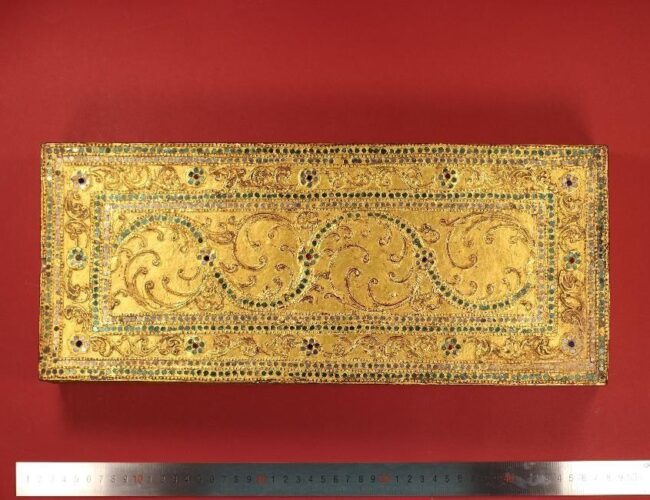This project with the Inya-Burma Institute will survey written, printed, and photographic materials regarding principalities in Eastern Myanmar (Burma). Their documentation and preservation of historical Buddhist works is crucial at a time when these artifacts are at high risk from humidity-related damage, lack of maintenance, and smuggling.

The Inya-Burma Institute will conduct a survey on written, printed, and photographic materials held in monasteries donated by the Shan rulers of the former principalities of Hsipaw, Kyaingtong, and Yawng-nghwe (now Nyaung-shwe), located in Eastern Myanmar (Burma). The team will create an inventory of Buddhist manuscripts, secular texts, visual materials such as photos and portraits, books, and various ephemera dating from the late nineteenth century to the early 1960s. Working at multiple sites will allow the project team to identify and secure more artifacts and to develop a comparative approach that will support ongoing scholarship on Shan history and culture.
The survey will start with interviews of Shan scholars, which will help identify monasteries with materials related to a direct connection with the Shan rulers. The team expects to find materials documenting local lords' efforts to systematically institutionalize Buddhist communities. Contextualizing these materials will allow researchers to explore the mobility of Buddhist ideas and practices, as well as other local communities during the colonial period. This project will further advance the understanding of colonial-era religion and the mobility of Buddhism in the Shan region and beyond.
The timeline for this project has been delayed due to limitations caused by COVID-19.
